In today’s competitive landscape, businesses of all sizes recognise the critical importance of effective marketing leadership. However, not every company can justify the expense of a full-time Chief Marketing Officer (CMO), particularly smaller enterprises and growing mid-market firms. This has led to the rise of two popular alternatives: marketing consultants and fractional CMOs. Whilst both options provide valuable expertise, understanding their distinct roles, benefits, and limitations is essential for making an informed decision that aligns with your business objectives.

Understanding the Roles
Marketing Consultant: The Strategic Advisor
A marketing consultant operates as an external advisor who provides specialised expertise on specific marketing challenges or projects. These professionals typically work with multiple clients simultaneously, offering strategic guidance, conducting market research, developing marketing strategies, or implementing particular campaigns. Consultants are often brought in to solve discrete problems, provide fresh perspectives, or fill knowledge gaps within existing marketing teams.
Marketing consultants usually work on a project basis or through short to medium-term retainer arrangements. They might focus on areas such as digital marketing strategy, brand positioning, market entry plans, or marketing technology implementation. Their primary value lies in their breadth of experience across different industries and their ability to provide objective, external insights.
Fractional CMO: The Strategic Leader
A fractional CMO, conversely, functions as a part-time Chief Marketing Officer who takes on the strategic leadership responsibilities traditionally associated with a full-time executive role. Unlike consultants, fractional CMOs integrate deeply into the business, often becoming temporary members of the executive team. They typically work with fewer clients simultaneously, dedicating substantial time to understanding the nuances of each business.
Fractional CMOs assume responsibility for developing comprehensive marketing strategies, overseeing marketing operations, managing teams, and driving measurable results. They often work on longer-term engagements, ranging from several months to multiple years, allowing them to see strategies through from conception to execution and refinement.
Key Differences in Approach and Engagement
Depth of Involvement
The most significant distinction lies in the depth of involvement. Marketing consultants generally provide advice and recommendations whilst remaining somewhat removed from day-to-day operations. They analyse situations, propose solutions, and may assist with implementation, but they don’t typically assume ongoing responsibility for results.
Fractional CMOs, however, embed themselves within the organisation’s structure. They attend executive meetings, participate in strategic planning sessions, and take ownership of marketing outcomes. This deeper integration allows them to influence broader business decisions and ensure marketing strategies align with overall corporate objectives.
Time Commitment and Availability
Marketing consultants typically allocate specific hours or days to projects, often working intensively during defined periods. Their availability may be limited, particularly when juggling multiple client commitments. This can work well for discrete projects but may prove challenging when ongoing support or quick decision-making is required.
Fractional CMOs usually commit to more substantial time allocations, often working one to three days per week with a single client. This ensures greater availability for urgent matters and provides the consistency needed for strategic leadership. Their commitment levels more closely resemble those of permanent employees whilst maintaining the flexibility of external partnerships.
Strategic Capabilities and Expertise
Breadth vs Depth
Marketing consultants often excel in providing broad perspectives drawn from extensive experience across multiple industries and business types. This diversity can be invaluable when seeking innovative solutions or benchmarking against industry best practices. Consultants may specialise in particular areas such as digital transformation, brand strategy, or performance marketing, offering deep expertise in their chosen fields.
Fractional CMOs typically combine strategic breadth with the ability to develop deep, contextual understanding of specific businesses. Whilst they may not have the same breadth of recent project experience as active consultants, they often possess extensive leadership experience and the ability to think holistically about marketing’s role within the broader business context.
Team Leadership and Management
One area where fractional CMOs distinctly differ from consultants is in team leadership capabilities. Fractional CMOs are equipped to manage existing marketing teams, recruit new talent, and develop organisational capabilities. They can provide mentorship to junior staff and help build internal marketing competencies.
Marketing consultants, whilst they may provide guidance on team structure and processes, typically don’t assume direct management responsibilities. Their role remains advisory, focusing on strategy and external expertise rather than internal team development.
Cost Considerations and Value Proposition
Investment Structure
The financial commitment for each option varies significantly in structure and scale. Marketing consultants typically charge project fees or hourly rates, making them potentially more cost-effective for specific, time-bound initiatives. Their fees can range from £100 to £500 per hour, depending on experience and specialisation, with project costs varying widely based on scope and complexity.
Fractional CMOs command higher monthly retainers, often ranging from £3,000 to £15,000 per month, reflecting their more substantial time commitment and strategic responsibility. Whilst the monthly investment is higher, the cost per hour is often more favourable than consultant rates, and the value includes ongoing strategic leadership rather than just advisory input.
Return on Investment
Measuring return on investment differs between the two options. Marketing consultants often deliver specific outputs such as strategy documents, campaign plans, or research reports. The value is typically measured against the immediate utility of these deliverables and any quick wins achieved.
Fractional CMOs generate value through sustained strategic leadership, team development, and long-term business growth. Their impact is measured through metrics such as revenue growth, market share expansion, customer acquisition costs, and overall marketing effectiveness. The longer engagement periods allow for more substantial and measurable business impact.
Situational Applications
When Marketing Consultants Excel
Marketing consultants prove most valuable in several specific scenarios. They’re ideal for businesses requiring specialised expertise for particular projects, such as market research studies, competitive analysis, or technology selection processes. Companies undergoing rapid change or facing specific marketing challenges often benefit from the fresh perspectives consultants provide.
Consultants also excel when businesses need to validate internal strategies or gain objective assessments of current marketing effectiveness. Their external viewpoint can identify blind spots and recommend improvements that internal teams might overlook.
When Fractional CMOs Provide Superior Value
Fractional CMOs deliver optimal value when businesses require ongoing strategic marketing leadership but cannot justify full-time executive costs. They’re particularly effective for growing companies that have outgrown their current marketing capabilities but aren’t ready for permanent C-level appointments.
Organisations with existing marketing teams that lack senior leadership benefit significantly from fractional CMOs. These executives can provide direction, mentorship, and strategic oversight whilst helping to develop internal capabilities for eventual self-sufficiency.
Implementation and Integration Challenges
Cultural Integration
Fractional CMOs face unique challenges in establishing authority and credibility within existing organisational structures. As part-time executives, they must quickly demonstrate value whilst navigating potentially complex internal dynamics. Success requires strong communication skills and the ability to build relationships rapidly across different levels of the organisation.
Marketing consultants, whilst they face fewer integration challenges due to their advisory role, must still establish credibility and ensure their recommendations are understood and actionable. Their external status can sometimes limit their influence on implementation.
Continuity and Knowledge Transfer
The temporary nature of both arrangements raises questions about knowledge continuity and transfer. Marketing consultants typically provide detailed documentation and recommendations, but the responsibility for implementation and ongoing management remains with internal teams.
Fractional CMOs often focus on building internal capabilities and documenting processes to ensure continuity beyond their engagement. Their deeper involvement allows for more effective knowledge transfer, but businesses must still plan for eventual transition to permanent leadership or self-sufficiency.
Making the Right Choice
Assessment Criteria
Choosing between a marketing consultant and fractional CMO requires honest assessment of your business needs, current capabilities, and strategic objectives. Consider the complexity of your marketing challenges, the maturity of your existing team, and the level of ongoing support required.
Businesses with specific, well-defined problems may find marketing consultants more appropriate. Those requiring comprehensive marketing leadership, team development, and sustained strategic guidance typically benefit more from fractional CMO arrangements.
Hybrid Approaches
Some businesses successfully combine both approaches, using marketing consultants for specialised projects whilst employing fractional CMOs for ongoing strategic leadership. This hybrid model can optimise costs whilst ensuring comprehensive marketing support across different needs and timeframes.
Conclusion
The choice between marketing consultants and fractional CMOs ultimately depends on your specific business context, requirements, and growth stage. Marketing consultants offer specialised expertise and fresh perspectives for particular challenges, whilst fractional CMOs provide comprehensive strategic leadership and sustained organisational development.
Both options represent cost-effective alternatives to full-time marketing executives, but they serve different purposes and deliver value in distinct ways. Understanding these differences ensures you select the approach that best aligns with your business objectives and maximises your marketing investment.
The key to succeeding with either option lies in clearly defining expectations, establishing measurable objectives, and maintaining open communication throughout the engagement. Whether you choose the targeted expertise of a marketing consultant or the comprehensive leadership of a fractional CMO, both can provide significant value when properly matched to your business needs and strategic goals.
If you’re looking for either, then you know where I am:



